A Decade Of EPICC Progress In Kids’ Cancer Research
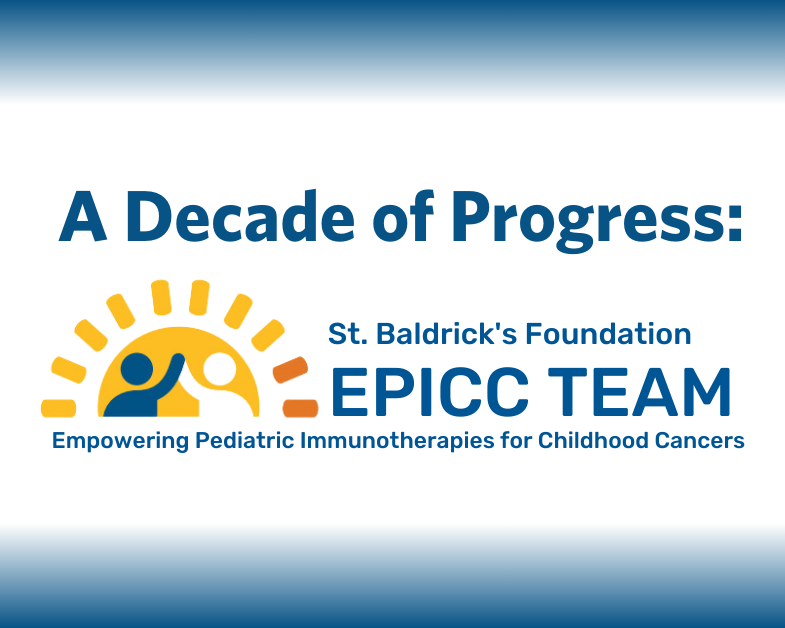
Something extraordinary began in 2013: the first ever pediatric cancer “Dream Team,” funded by the St. Baldrick’s Foundation and Stand Up to Cancer. Combining genomics and immunotherapy in a way that had not been done before, this team of experts at 8 research institutions across the U.S. and Canada set out to create new therapies for the most challenging childhood cancers.
Because of the incredible strides made by the team, the St. Baldrick’s Foundation and the member institutions continued this work, after the funding from Stand Up to Cancer came to an end in 2018.
Now in its third funding period and with a new name, the EPICC Team (Empowering Pediatric Immunotherapies for Childhood Cancer) continues to be led by John Maris, M.D., and Crystal L. Mackall, M.D., and the discoveries continue, saving lives.
Announcing the 2024 St. Baldrick’s Fellows
The St. Baldrick’s Foundation Fellowship award is designed to support the brightest young investigators in the field. This investment of $1.1 million provides support for budding researchers to explore innovative ideas in pediatric cancer research.
Keep scrolling to see the amazing projects your contributions support.
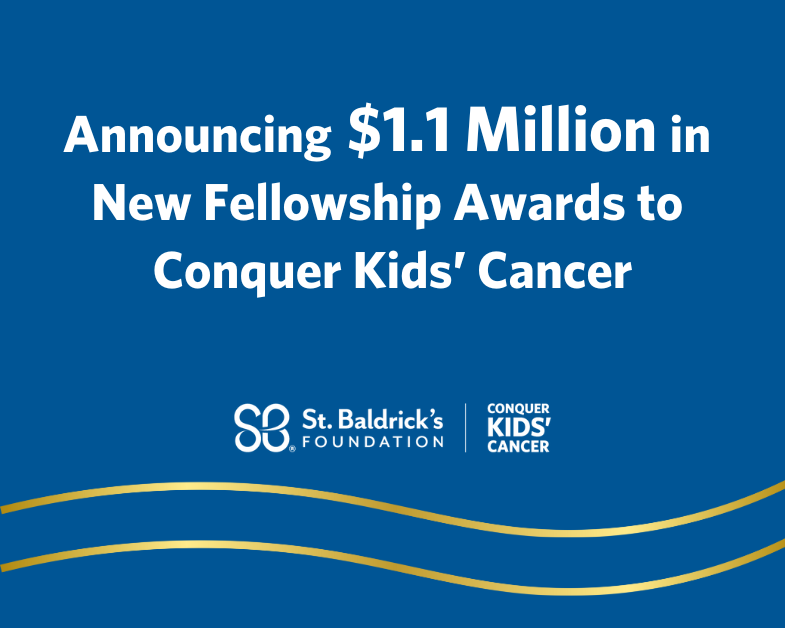
Research Outcomes: Advancing Science Together
Our St. Baldrick’s Foundation Research Outcomes blogs highlight examples of the progress your donations are supporting. This quarterly edition focuses on a new FDA approval for neuroblastoma, strategies to improve T cell functioning, understanding why some kids with medulloblastoma get sicker, and how secondary cancers increase the likelihood of future heart problems.
Thank you for making this research possible.
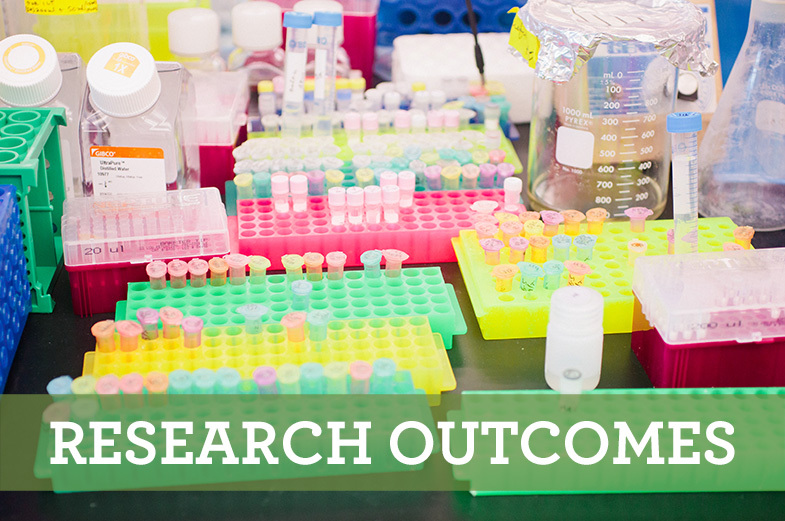
Meet the First St. Baldrick’s Fellow: Dr. Sharon Singh
Where is our very first St. Baldrick’s Fellow now? Still in the lab, that’s where! Meet Dr. Sharon Singh, the physician-scientist who was given the inaugural St. Baldrick’s Fellow Award in 2005. What does that monetary vote of confidence do for a new researcher and for the childhood cancer research field? It’s been 19 years and the results are in – read on to find out.
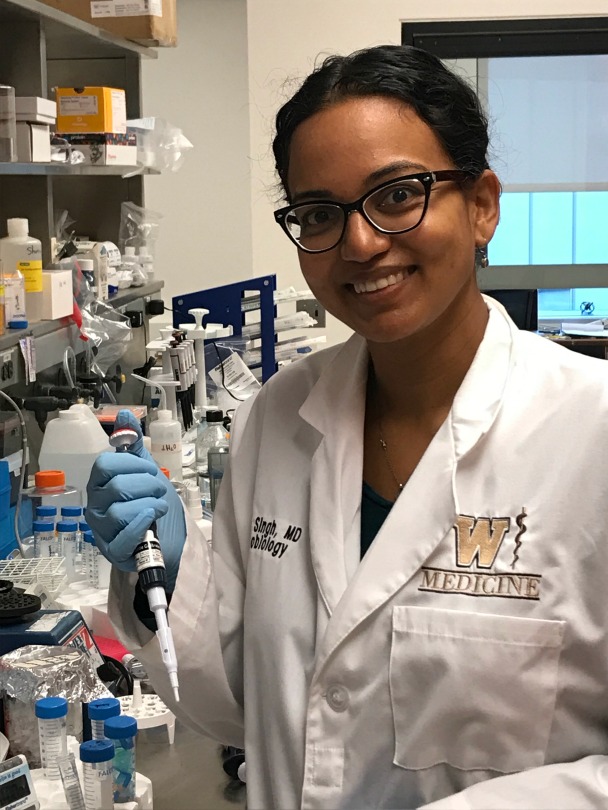
Dr. Sharon Singh currently works as a clinician, researcher, and associate professor at University of Michigan, C.S. Mott Children’s Hospital.
At the heart of it, Dr. Sharon Singh is a problem solver and for the last decade, the pediatric hematologist-oncologist has been working on the problem of childhood cancer. But she knows that the big problem of kids’ cancer can’t be solved only at the bedside of a patient – problem solvers like her need to be in the lab too.
And that is exactly what Dr. Singh is doing, thanks to a St. Baldrick’s grant given almost 20 years ago.
Meet 2024 Ambassador Sam: A Renaissance Man with a Heart for Others
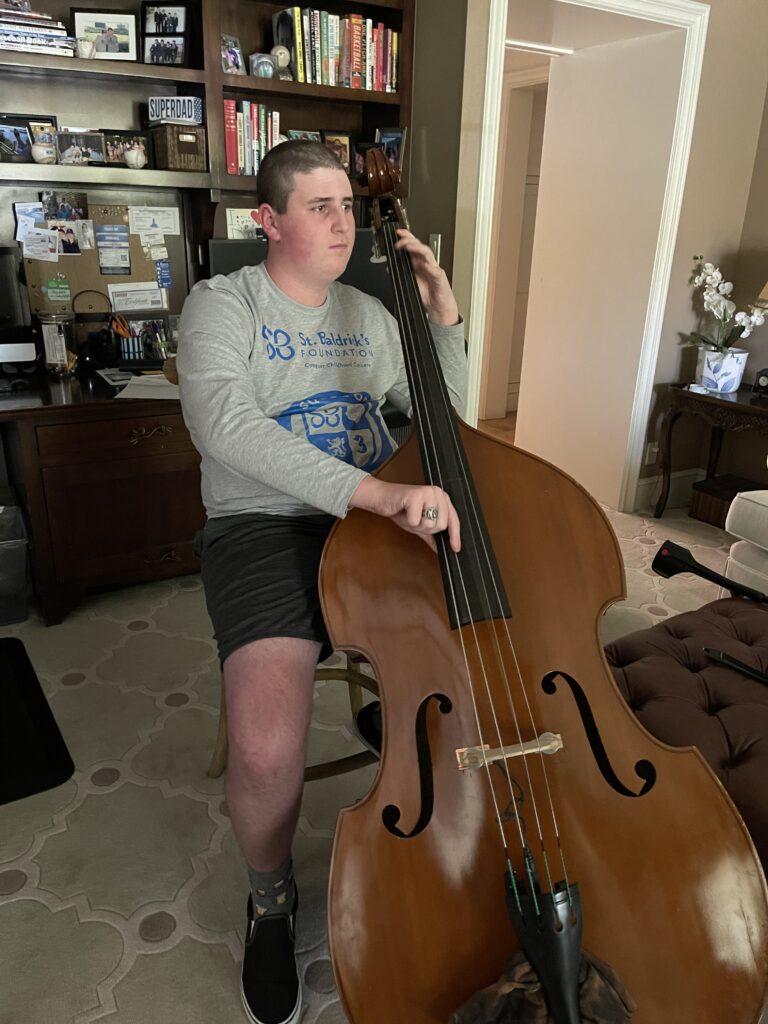
Sam playing the cello.
Twenty-year-old Sam is a Renaissance man – an accomplished musician, pilot, and philanthropist. He’s also a three-time shavee, childhood cancer survivor, and 2024 St. Baldrick’s Ambassador who is committed to making a difference in the lives of other kids with cancer.
Announcing 2023 Infrastructure Grants to Support Clinical Trials
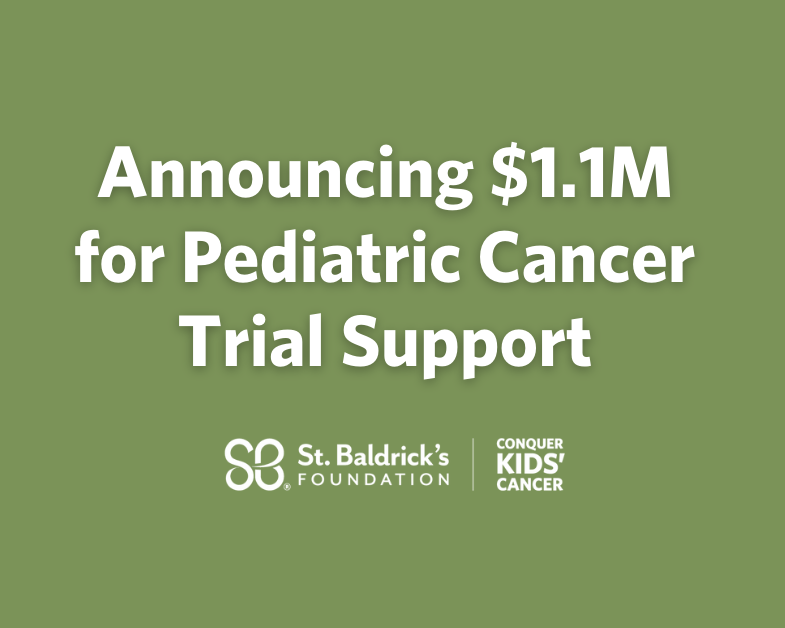
We are thrilled to announce $1.1 million in new grants to bolster pediatric cancer clinical trial enrollment. Clinical trials play a crucial role in the fight against childhood cancer. The unsung heroes who help make clinical trials happen for kids are the dedicated clinical research associates, nurses, and support staff.
This $1.1 million supports these necessary roles to ensure more kids get treated on a clinical trial, often their best hope for a cure.
Without your support, these grants would not be possible. Thank you for your generosity and passion to Conquer Kids’ Cancer.
The following institutions were awarded a St. Baldrick’s Foundation Infrastructure award:
Research Outcomes: Inspiring Hope
Our St. Baldrick’s Foundation Research Outcomes blogs highlight examples of the progress your donations are supporting. This quarterly edition focuses on promising new treatments for two types of pediatric sarcoma, protecting kids’ brains while treating brain tumors, and the ease of treating retinoblastoma with chemotherapy.
Thank you for making this research possible.
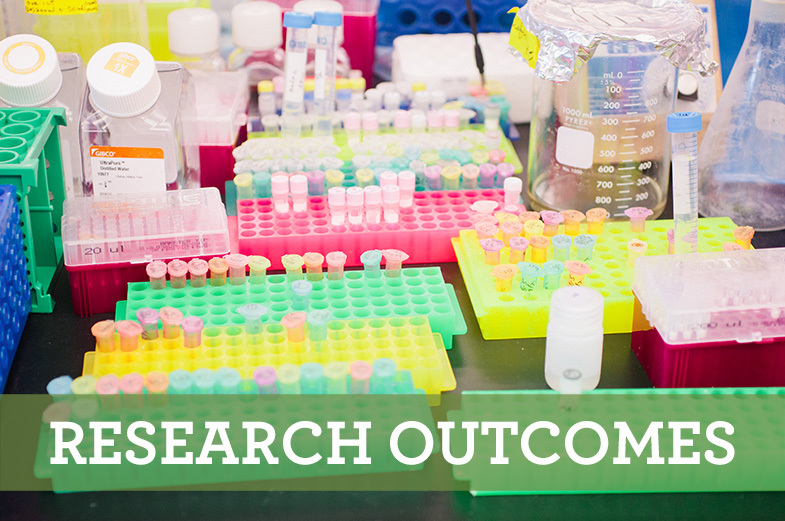
Protecting Kids’ Brains During Radiotherapy Treatment
Radiation therapy is commonly used to treat central nervous system (CNS) tumors in children and adults. While radiation therapy doesn’t usually harm the brains of adults, it can cause serious problems for kids. St. Baldrick’s funded researcher, Dr. Kristopher Sarosiek and colleagues discovered that the younger the patient, the more damage the radiation does to their brain. Additionally, they discovered that radiation triggers a process that leads to brain cells dying in kids but not adults. Digging further, they identified a specific protein called BAX that is responsible for this cell death. When they blocked BAX, it prevented brain cells from dying in models. This finding could lead to new ways to protect kids’ brains while undergoing radiation therapy.
This grant is named for the Making Headway Foundation whose mission for the past 20 years has been to provide care and comfort for children with brain and spinal cord tumors through a continuum of services and programs while also funding medical research for cures.
A Promising New Target for Ewing Sarcoma
Ewing sarcoma is an aggressive pediatric bone or soft tissue cancer. Unfortunately, current treatments are not very effective, especially when the cancer has spread or doesn’t respond to treatment. To discover better treatment options for kids with Ewing sarcoma, Dr. Poul Sorensen and colleagues are studying proteins on the surface of Ewing sarcoma cells.
They discovered a new protein not previously known to be associated with this cancer. This protein, called ENPP1, is found only in Ewing sarcoma and not in normal tissues. Because the protein is only in Ewing sarcoma cancer cells it makes for a promising target because therapies could potentially find this protein, leaving normal tissues alone. The researchers are hopeful this will open the door to new immunotherapy treatments for Ewing sarcoma.
This St. Baldrick’s Martha’s BEST Grant for All is funded through an anonymous $1 million donation aimed at developing new treatments for Ewing sarcoma, an aggressive bone and soft tissue cancer in children and young adults. This grant is named for a special teenager who passed away from Ewing sarcoma.
New CAR T-Cell Therapy Eliminates Rhabdomyosarcoma
Rhabdomyosarcoma is the most common soft tissue sarcoma affecting kids. A recent study from the St. Baldrick’s Foundation EPICC Team (Empowering Pediatric Immunotherapies for Childhood Cancer) showed that CAR T-cell therapy effectively eliminated the vast majority of rhabdomyosarcoma tumors in models in a matter of weeks.
CAR T-cell therapy is a type of immunotherapy that involves taking cancer-fighting immune cells, called T cells, from a patient and modifying them to target a specific protein found on the surface of cancer cells. The modified T cells are then injected back into the patient, with a boosted ability to fight cancer. Next steps will move this therapy into humans in a phase I clinical trial. “We have a great deal of work ahead, but the hope is that this therapy is going to work for people with this type of cancer that has been unresponsive to other treatments,” says lead investigator Dr. Javed Khan.
Chemotherapy for Retinoblastoma, A Feasibility Study
Retinoblastoma is the most common type of eye cancer in kids. Delivering chemotherapy directly into the eye as a treatment to save the eye in kids with advanced retinoblastoma is used more and more, based on internationally reported success mainly through retrospective studies. To study the feasibility of this treatment (how easily it can be provided) with St. Baldrick’s Support, the Children’ Oncology Group (COG) initiated a clinical trial at 9 institutions. Findings showed it is not feasible due to trouble accessing the appropriate location in the eye to deliver the medicine in some patients. These results do not mean the treatment is not effective, but suggest doctors use caution when considering this treatment to acknowledge the difficulty of delivering the chemotherapy, and invest in specialized training in order to make the treatment easier to administer. Feasibility studies are important to ensure the best treatments are available for kids with cancer.
Not every publication of research supported by St. Baldrick’s makes the news, but each one adds to the body of scientific knowledge that takes us one step closer to better outcomes for kids with cancer. Your continued support will make more research possible to Conquer Kids’ Cancer.
Donate now and help support research into better treatments for kids with cancer.
Read more on the St. Baldrick’s blog:
Creating HOPE for Kids with Osteosarcoma
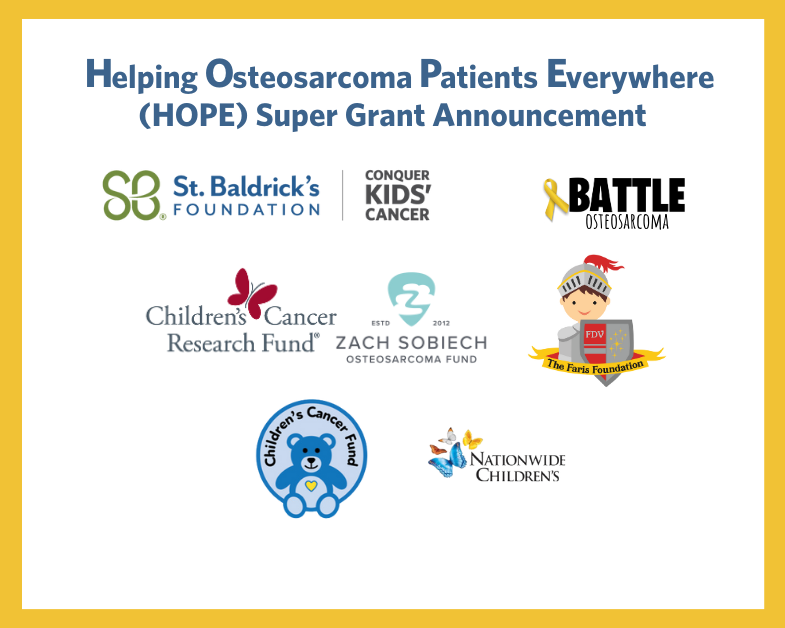
When any cancer patient has a relapse, it’s bad news. For kids with osteosarcoma, a kind of bone cancer, a relapse is devastating, greatly reducing the chance for a cure. But thanks to a great new research project and a group of driven funders, there’s hope on the horizon.
Understanding the Cause of a Rare & Aggressive Childhood Leukemia
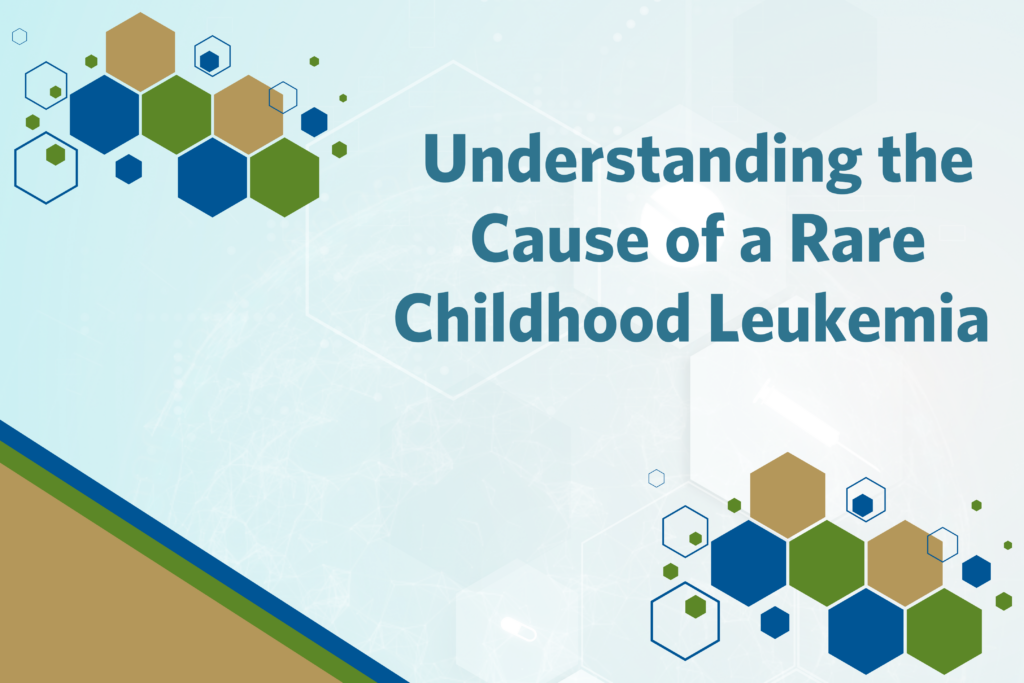
With support from both the St. Baldrick’s Foundation and the American Cancer Society, analysis of data from over 5,000 kids with cancer may provide new opportunities for diagnosis, prognosis, and treatment of pediatric acute myeloid leukemia (AML).
Research Outcomes: Unveiling Hope
Our St. Baldrick’s Foundation Research Outcomes blogs highlight examples of the progress your donations are supporting. This quarterly edition focuses on understanding how rhabdomyosarcoma grows, using immunotherapy to treat pediatric brain tumors and relapsed neuroblastoma, as well as research to understand the experiences of adolescents and young adults being treated for advanced pediatric cancer.
Thank you for making research – and hope — possible.

Older Posts »

 SBF
Tweets »
SBF
Tweets »